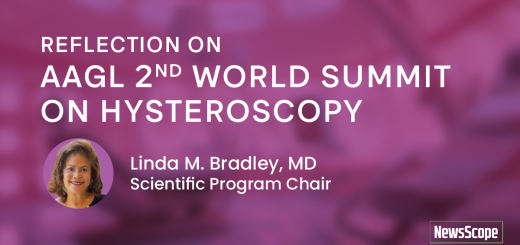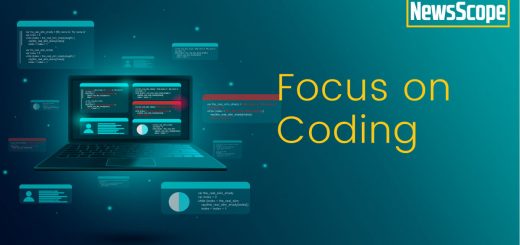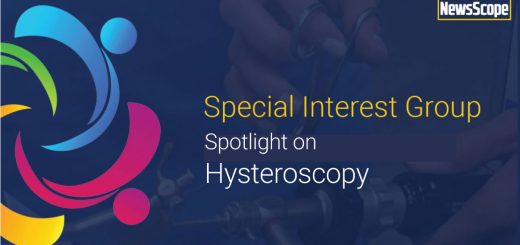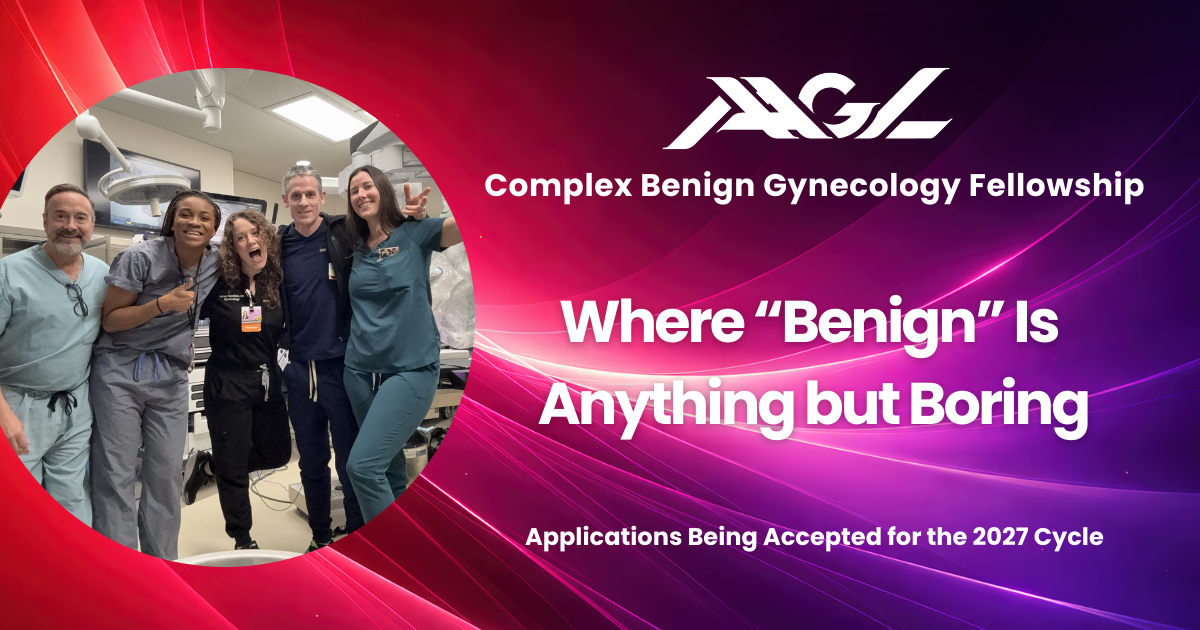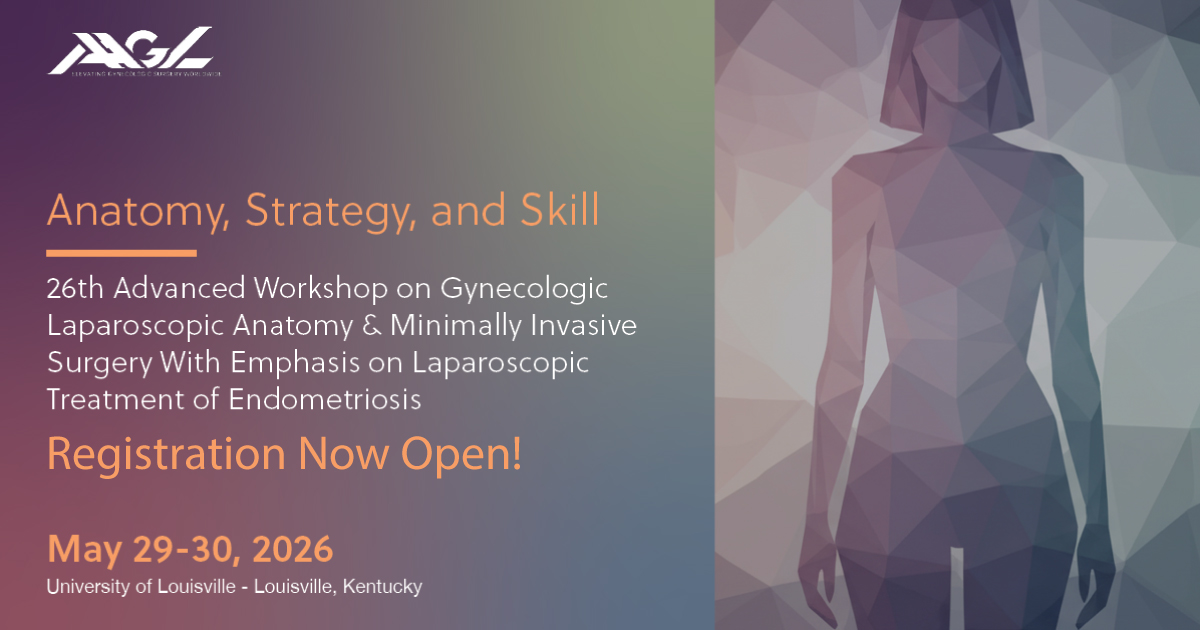The 24th Annual Advanced Workshop on MIGS and Laparoscopic Hysterectomy
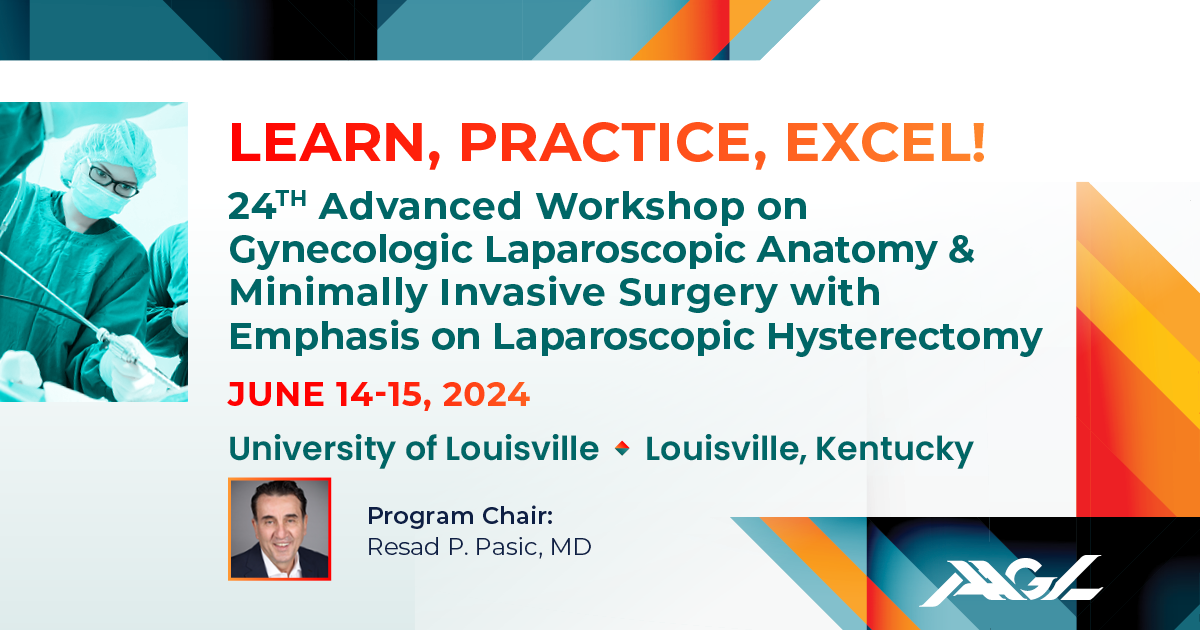
Anatomy, anatomy, anatomy: With repetition comes mastery. While the advancement of technology has undoubtedly enhanced surgical specialties, obstacles such as ergonomic challenges and intricate procedures leave many graduates of today’s OB/GYN residencies feeling underprepared to perform advanced minimally invasive procedures. It has been postulated that perhaps a contributor to this growing dilemma is inadequate knowledge of retroperitoneal pelvic anatomy and standardized structured surgical training.
With the nature of benign gynecologic surgery, most procedures are performed intraperitoneally. However, given the rising complexity of gynecologic pathology that can be addressed in a minimally invasive fashion, knowledge of retroperitoneal anatomy and dissection has become more imperative. This is especially true for those patients with advanced-stage endometriosis, large fibroid uterus, or significant adhesive disease.
In 1998, the Department of Obstetrics, Gynecology and Women’s Health at the University of Louisville independently began the world’s first Advanced Workshop on Gynecologic Laparoscopic Anatomy & Surgery. Utilizing female cadavers that had not been embalmed, this groundbreaking initiative aimed to impart essential knowledge of retroperitoneal anatomy and advanced laparoscopic skills. Over the past 26 years, this workshop has welcomed over 1000 physicians from across the world to train and teach under the leadership of Dr. Ronald Levine and Professor Resad Paya Pasic. Today, because of the vision and dedication of these innovative gynecologists who helped pioneer laparoscopic cadaveric courses, similar workshops exist nationwide, thus, becoming integral components of surgical education.
This year, June 14-15, 2024, the University of Louisville will host its 24th Annual Advanced Workshop on MIGS and Laparoscopic Hysterectomy in Louisville, Kentucky. This two-day hands-on course encompasses structured didactic material and hands-on laparoscopic suturing. The unique anatomical lab component focuses on laparoscopic abdominal entry, retroperitoneal dissection, and other advanced gynecologic procedures with guidance from experienced MIGS surgeons, many of whom completed their fellowship through this institution.
As a former participant and now a teaching fellow, I can attest to the transformative impact of laparoscopic cadaveric dissection on my surgical education and training. Mastering retroperitoneal dissection and refining my advanced laparoscopic skills has fortified my confidence and proficiency in addressing challenging gynecologic pathologies. I wholeheartedly encourage any surgeon aspiring to excel in this field to seize the opportunity to participate in this or a similar workshop. We should continue to invest in our surgical education beyond residency as it empowers us to confront complex gynecologic cases with competence, which ultimately enhances patient outcomes.
We extend our gratitude to AAGL for their unwavering support and organization of this workshop and their commitment to equipping surgeons with the expertise to master retroperitoneal anatomy and advanced laparoscopic skills.

